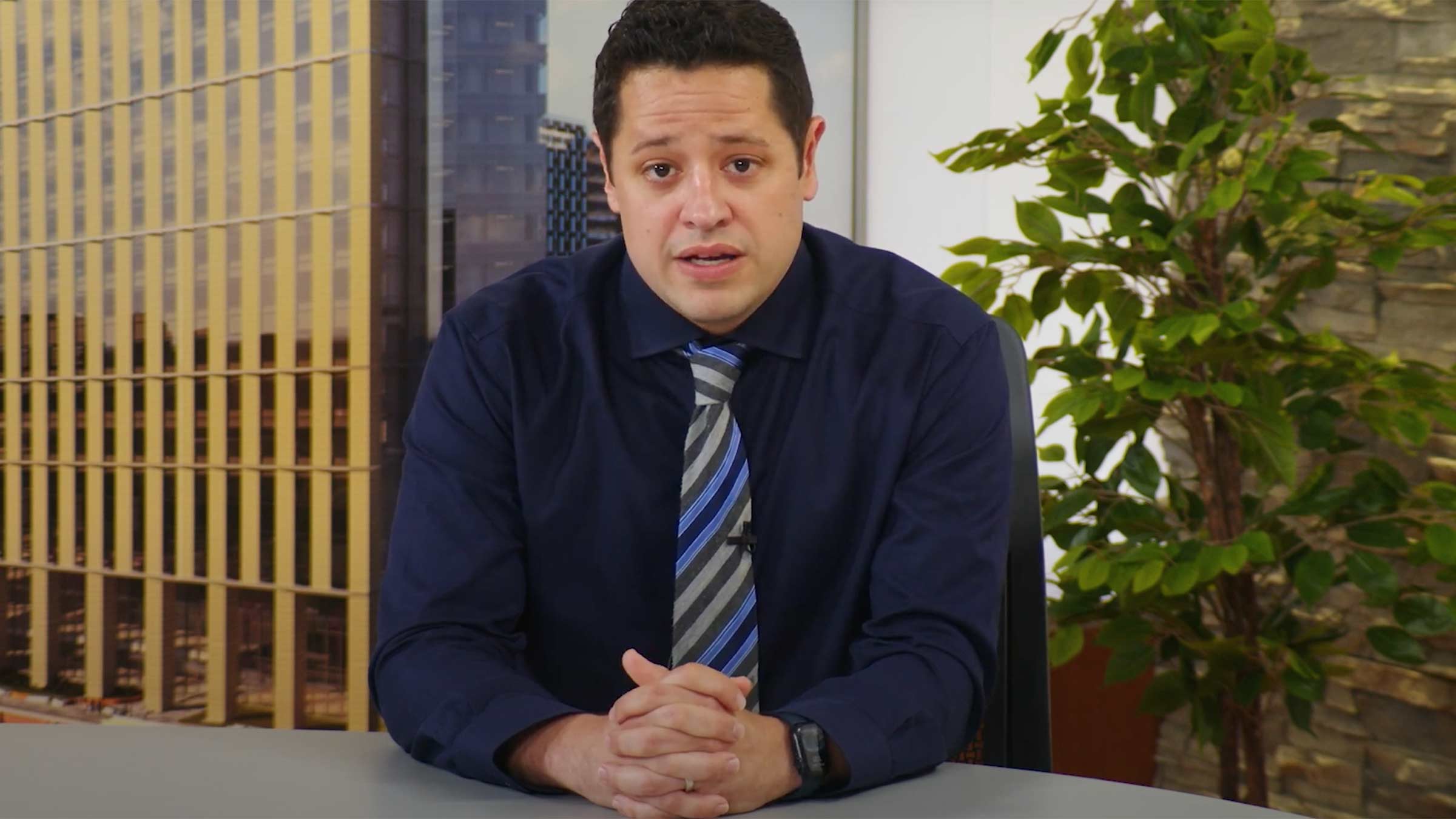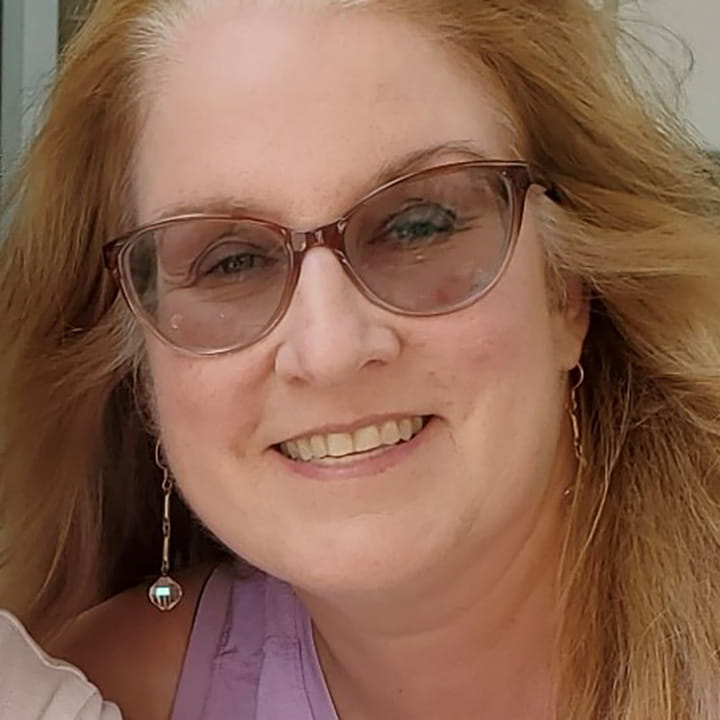Survey: 1 in 4 adults suspects undiagnosed ADHD
Have you ever suspected that your struggles with focus, attention or restlessness could be from undiagnosed attention deficit/hyperactivity disorder (ADHD)?
You’re not alone.
A recent national survey commissioned by The Ohio State University Wexner Medical Center and The Ohio State University College of Medicine found that 25% of American adults surveyed suspect they might have undiagnosed ADHD.
The problem, say mental health experts, is that only 13% of survey respondents shared these suspicions with a health care professional.
Why it’s important to get an accurate ADHD diagnosis
Self-diagnosis can lead to the wrong treatment, says Justin Barterian, PhD, a psychologist at the Ohio State Wexner Medical Center and a clinical assistant professor at the Ohio State College of Medicine.
“Anxiety, depression and ADHD – all these things can look a lot alike, but the wrong treatment can make things worse instead of helping that person feel better and improving their functioning.”
Among people 18 to 44, Dr. Barterian says, about 4.4% have ADHD. Some aren’t diagnosed until they’re older, often because of a rise of ADHD awareness in recent years, or noticing once their children are diagnosed that they share symptoms.
It is a genetic disorder, after all, notes Dr. Barterian.
Determining an effective treatment can depend on specific symptoms and the type of ADHD. And it can be difficult to diagnose, since some symptoms are similar to those of depression or anxiety.
The three types of ADHD are:
- Inattentive ADHD – Inability to pay attention and distractibility. This also is known as attention-deficit disorder (ADD).
- Hyperactive and impulsive ADHD – Hyperactivity and impulsivity.
- Combined ADHD – This type causes inattention, hyperactivity and impulsivity.
“Symptoms of ADHD can look different between different people,” Dr. Barterian says. “Some people might have more difficulty focusing on lectures or with organization, while others may have more social difficulties with impulsivity and trouble following along in conversations.”
ADHD diagnosis in adults
The survey found that American adults on the younger end of the spectrum are more likely to believe they have undiagnosed ADHD, but they’re also more likely to seek medical help for it.
That’s the right thing to do, says Dr. Barterian, and seeking help can start with seeing their primary care provider to get a referral to a mental health expert, who can thoroughly evaluate them.
“If you're watching videos on social media and it makes you think that you may meet criteria for the disorder, I would encourage you to seek an evaluation from a psychologist or a psychiatrist or a physician to get it checked out,” he says.
How the survey was conducted
This survey was conducted on behalf of the Ohio State Wexner Medical Center by SSRS on the SSRS Opinion Panel Omnibus, a national, twice-per-month survey. Data was collected from 1,006 respondents via web (975 respondents) and over the phone (31 respondents). It was administered in English to U.S. adults (aged 18 or older).

Help for mental health conditions
Ohio State offers personalized, compassionate care for your mental health concerns.
Learn more










